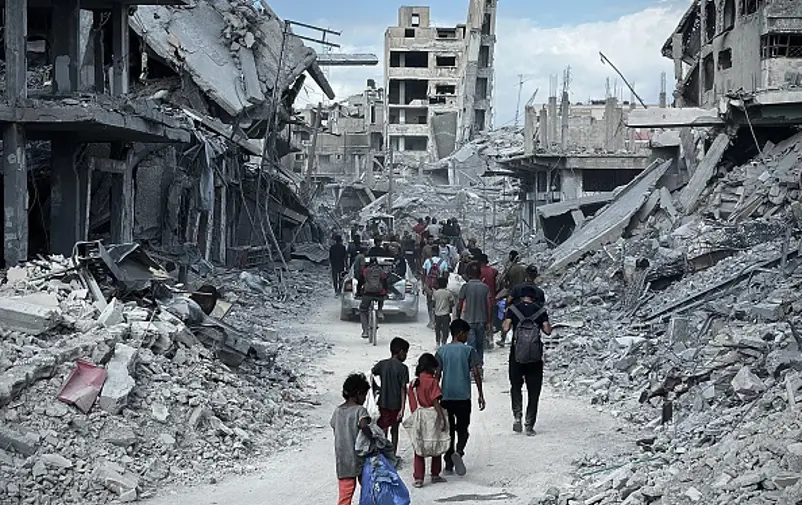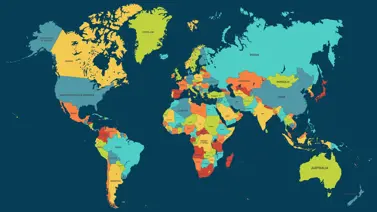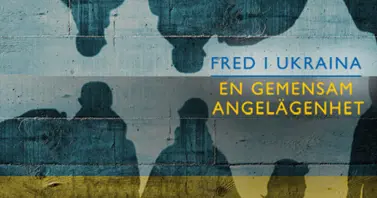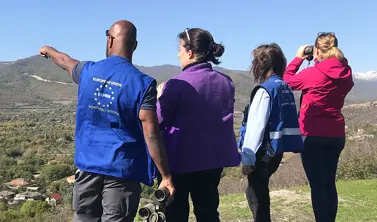DDR and Post-War Politics: Lessons from Northern Ireland
What are the long-term consequences of DDR decisions taken during peace processes for formerly armed groups who become political actors?
This research brief has examined some of the challenges that arise when non-state armed groups are incentivized to end their use of violence by offering them a share of political power. While offering a route to political inclusion is a powerful way to encourage non-state armed groups to engage with DDR processes, it also raises distinct challenges. The case of Sinn Féin and the PIRA in Northern Ireland has important lessons for practitioners trying to implement the principles of this module.
This research brief series has been initiated through a collaboration between the Politics After War (PAW) research network, the Folke Bernadotte Academy (FBA), and the United Nations Depart¬ment of Peace Operations, Office of Rule of Law and Security Institutions: DDR Section (UNDPO/OROLSI/DDR) with the aim to provide research perspectives and scientific evidence on the inter¬section of DDR and politics with a particular em¬phasis on the transformative dynamics of armed groups and combatants.
Other publications in the series
The Political Dynamics of DDR Key Research Findings
Political Integration and Post-war Elections
Political Engagement by Former Armed Groups Outside Party Politics
Peace Agreements and the Political Integration of Armed Groups
Rebel Party Organization and Durable Peace after Civil Conflict
Women and Rebel to Party Transitions
Ideological Moderation in Armed Groups Turned Political Parties
Former Armed Groups in power and Post-war Youth Policies









 >
> >
>

